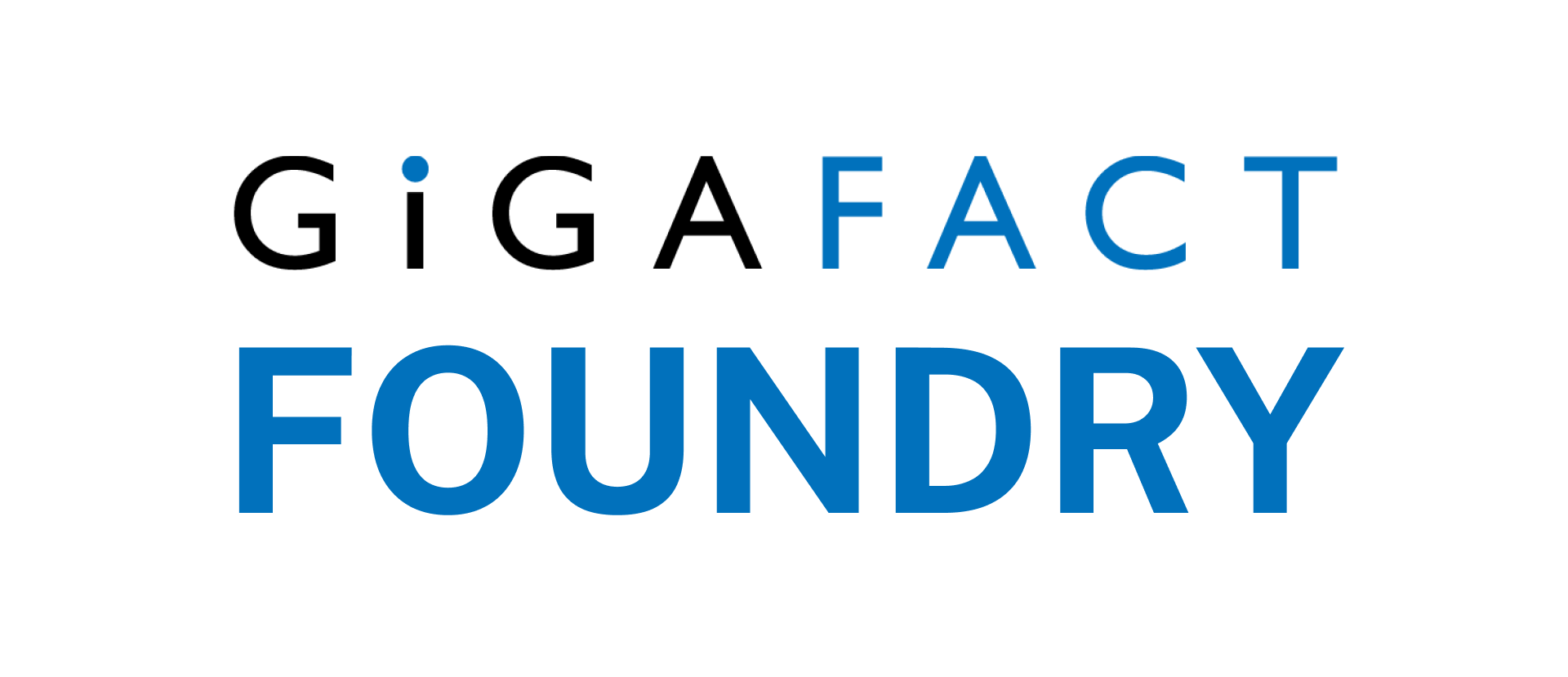Friday, Jun. 17, 2022
Do the rich hold more student loan debt than the poor?
According to Brookings, the wealthiest 20% of households hold a third of student debt while the poorest 20% of households hold 8%.
Universal student debt cancellation, which would forgive student loan debt regardless of income and wealth levels, would cancel a higher dollar amount of debt for the rich than for the poor.
The poor stand to receive more relative relief from student debt cancellation given their lower incomes. The Education Data Initiative reported in May that the bottom 25% of earners, who make $32,048 or less, have an average debt of $30,575—95% of their yearly income. In comparison, the top 1%, who make at least $373,894 annually, have an average debt of $40,550—10% of their income.
The Biden administration, which is working on a student debt cancellation plan, has suggested it would exclude those earning more than $125,000 per year. While some proponents argue this would avoid using tax dollars for those who don't need it, others maintain that it would create a complicated bureaucratic process that would make it harder for poor people to receive financial relief.
This fact brief is responsive to conversations such as this one.
Sources
- Brookings Student loan forgiveness is regressive whether measured by income, education or wealth
- Education Data Initiative Student Loan Debt by Income Level [2022]: Data Analysis
- Brookings Student loans, the racial wealth divide and why we need full student debt cancellation
- Bloomberg Stop saying student debt relief is for the rich
- NBC News Biden student loans proposal is misguided. Income caps will be a nightmare.
About fact briefs
Fact briefs are bite-sized, well-sourced explanations that offer clear "yes" or "no" answers to questions, confusions, and unsupported claims circulating online. They rely on publicly available data and documents, often from the original source. Fact briefs are written and published by newsrooms in the Gigafact network.
See all fact briefs
Between 2020 and 2022, under close editorial supervision, Gigafact contracted a group of freelance writers and editors to test the concepts for fact briefs and provide inputs to our software development process. We call this effort Gigafact Foundry. Over the course of these two years, Gigafact Foundry writers published over 1500 fact briefs in response to claims they found online. Their important work forms the basis of Gigafact formats and editorial guidelines, and is available to the public on Gigafact.org. Readers should be aware that while there is still a lot of relevant information to be found, not all fact briefs produced by Gigafact Foundry reflect Gigafact's current methods and standards for fact briefs. If you come across any that you feel are out of date and need to be looked at with fresh eyes, don't hesitate to contact us at support@gigafact.org.
Learn MoreLatest Fact Briefs
Is there a scientific consensus that life begins at conception?
Thursday, Aug. 4, 2022
Do countries around the world subsidize fossil fuels?
Wednesday, Aug. 3, 2022
Is the repeal of Roe v. Wade expected to increase the maternal death rate?
Wednesday, Jul. 27, 2022
